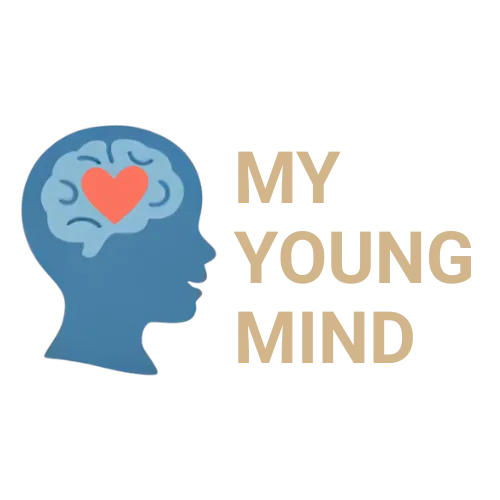
Why Arguments with Your Teen Keep Spiralling — and What’s Really Going On
Why Arguments with Your Teen Keep Spiralling — and What’s Really Going On
Have you ever found yourself in a shouting match with your teen and thought, “How did we even get here?”
One moment things feel okay. The next, voices are raised, doors are slammed, and both of you are left feeling drained or angry or sad — or all three.
These spirals can feel impossible to stop. But what if I told you the reason they happen isn’t because there’s something wrong with you, or your teen?
What if it’s something simpler — and more human — than that?
What’s Really Going On Underneath an Argument
There’s something most of us were never taught growing up — and that is: our experience is always coming from inside us.
That includes arguments.
It can feel like your teen’s words, or their mood, or their behaviour is causing your upset — and it can look the same the other way around, too.
But actually, the real storm is inside.
When we feel stressed, overwhelmed, frustrated or tired, we get caught up in a whirlwind of thoughts. The mind fills with noise. Worries. Fears. Assumptions. Memories. All swirling around at once.
That internal whirlwind is what I’m calling a “low state of mind.”
From that state, it’s very easy to react — because you’re not seeing clearly. It’s like trying to have a calm conversation while wearing foggy glasses and being blasted with loud music at the same time.
And in those moments, you might say things you don’t mean. Your teen might say things they don’t mean.
It’s not that either of you are trying to be difficult.
You’re just both caught in your own mental storm.
The Power of Seeing the Storm for What It Is
Here’s what’s beautiful: the moment you realise you’re caught up — not because of what your teen just said or did, but because your mind is stirred up — something softens.
You don’t have to fix it.
You don’t have to say the perfect thing.
You don’t even have to stop the spiral right away.
You just have to notice: “Ah… I’m not seeing clearly right now.”
That pause — that noticing — is where everything can shift.
Think of It Like This…
Imagine a muddy puddle after someone’s stomped through it.
Right after the splash, the water is cloudy, brown, and thick — you can’t see anything clearly at all. But if you stop moving and wait, the mud starts to settle on its own. The water clears. You can see the bottom again.
That’s what your mind does too.
When you're in a low mood, it’s just like that stirred-up puddle. Full of thoughts, stories, emotions — all mixed together, making everything look confusing and urgent.
But the mind is designed to settle. And it will — as long as we don’t keep stomping through it.
What This Means in the Middle of an Argument
Let’s say your teen is upset — they’re shouting, or slamming doors, or shutting down completely. Your heart rate goes up. Your thoughts are racing. You feel that urge to say something — maybe to defend yourself, or get them to “snap out of it.”
Before you jump in, ask yourself:
What’s my state of mind right now?
Am I calm and clear — or stirred up and full of noise?
Is this the moment to speak… or just to be here?
Sometimes, the kindest thing we can do in the heat of a moment is not to add more heat.
Because when your mind settles, what comes through you — your words, your presence, your tone — changes entirely. And your child feels that.
You can’t fake calm. You can’t fake connection. But you don’t need to.
It’s already there when the noise clears.
A Quiet Agreement
Some families find it helpful to make a simple, gentle agreement: “When one of us feels caught up, let’s take a break. Let’s come back when we feel more ourselves.”
Not as a rule to follow. But as an understanding.
It doesn’t need to be perfect. You won’t get it right every time. But the more you both see that your feelings come from inside you — not each other — the less likely you are to get pulled into a spiral that neither of you wanted.
Final Thought
Arguments don’t mean you’re failing.
They mean you’re human.
But every time you remember how the mind works — that your feelings come from your thinking, and your thinking comes and goes — you get a little more space.
And from that space, something softer can come through.
Not tips. Not strategies. Just the truth of who you are beneath the noise.
And your teen will feel it.
If you’re feeling frustrated or overwhelmed, I offer free discovery sessions to help you feel calmer and more in control.
